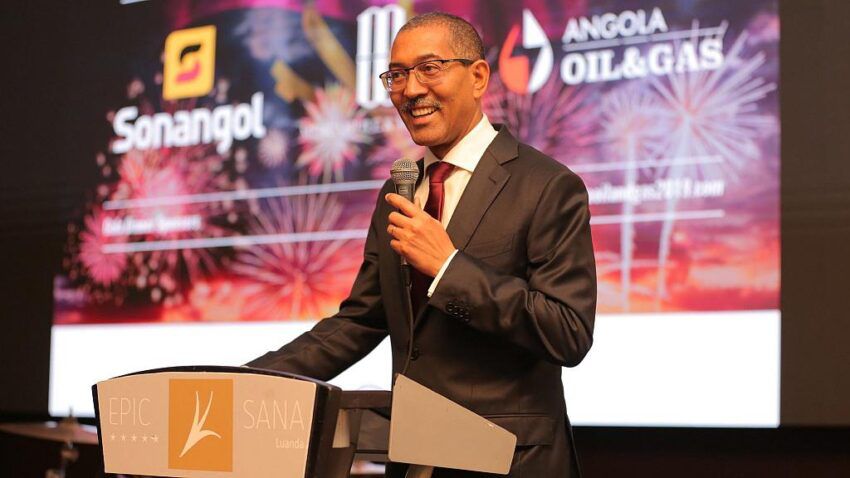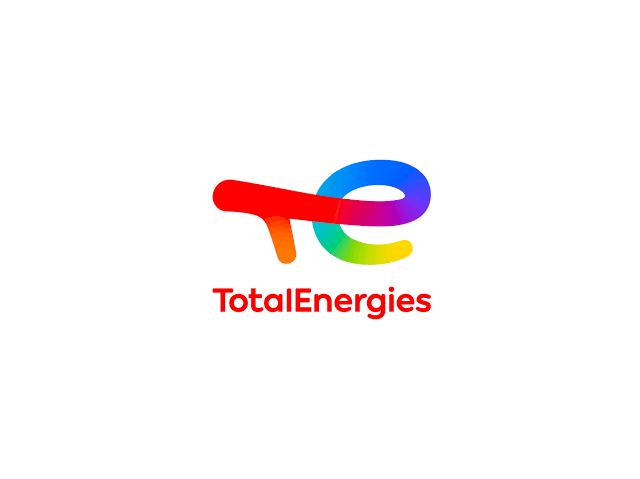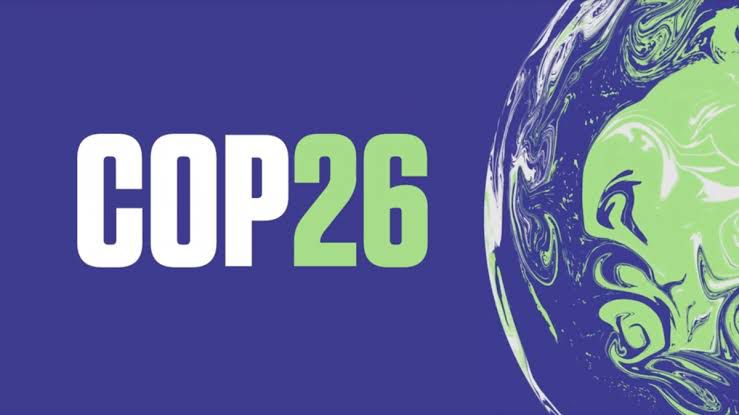The CEO of the Algerian National Hydrocarbons Company, Sonatrach, Toufik Hakkar, signed the new code of ethics for the company on Monday at a signing ceremony held at the group’s headquarters, listing the standards of behaviour and ethical principles expected of managers, employees, and other stakeholders of the group.
The signing was in the presence of the Minister of Energy and Mines, Mohamed Arkab, members of the executive committee, and representatives of the social partner.
Sonatrach had formed an ethics committee to apply its new code of ethics. The corporation also created an “alert system” that employees and other stakeholders can use to report behaviour that violates the new code of ethics confidentially.
According to the company, “[The new code of ethics sets out] the standards of behaviour and ethical principles expected of its managers, employees and other stakeholders and which derive from the fundamental values and principles of Sonatrach.”
“[It also contributes to] promoting a culture of transparency and a climate of trust, making it possible to prevent and punish unlawful acts and abuses committed to the detriment of the general interest, integrity, reputation and brand image of Sonatrach.”
The CEO said, the national company aims, through this new code, to undertake to conduct its activities with “integrity, transparency, equity and excellence” to allow the company to accomplish its mission in the service of development and of the country’s prosperity.
“Each of us is called upon to embody these values and promote them to our partners and all other stakeholders, wherever Sonatrach is present,” he added.
The president of the Ethics Committee, Hamani Zoubir said Sonatrach aims to “strengthen its credibility and its notoriety.”
“These principles and values aim to improve the quality social climate and strengthen the feeling of belonging.”
The meeting also provided an opportunity to discuss the plan agreed upon by Sonatrach and IANOR for the implementation of the two standards NA ISO 37001 and NA ISO 26000, which deal with anti-management and anti-corruption, respectively.



